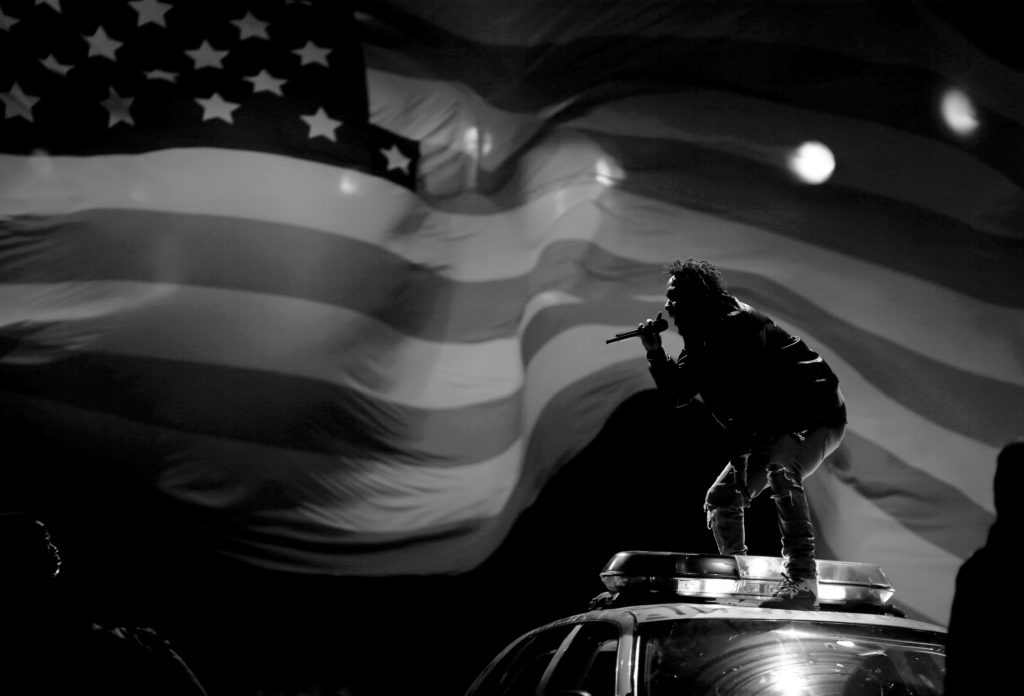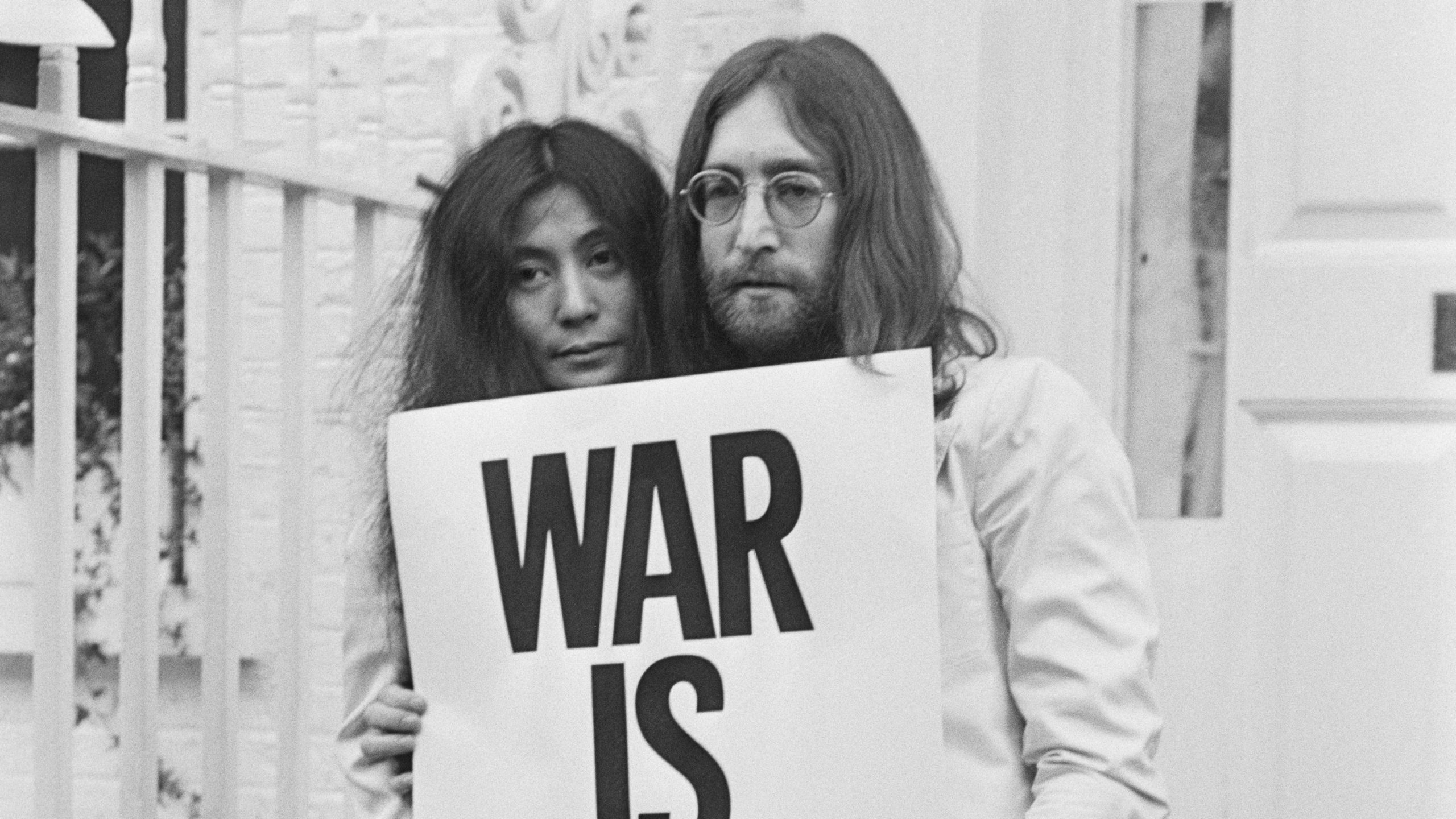Throughout history, the compelling synergy between music and the quest for social justice and political change has forged an unbreakable bond. From civil rights marches to anti-war protests, the evocative power of music has served as a beacon for transformation. This interplay between melodies and movements has not only moulded societies but has also provided a powerful platform for expression, unity, and resistance against injustices. As we explore this intricate relationship, it becomes clear that contemporary music continues to wield influence and respond dynamically to the ever-shifting political landscape.
The resonance of music within political and social contexts is indisputable. Lyrics can encapsulate the spirit of a movement, conveying emotions, ideals, and calls for reform in ways that resonate profoundly. Icons like Bob Dylan’s “Blowin’ in the Wind” became anthems of the civil rights struggle, with its poignant verses echoing the call for racial equality and justice. Likewise, Joan Baez’s rendition of “We Shall Overcome” fostered camaraderie among activists, infusing hope into tumultuous times.
In the digital age, the impact of music on political discourse has magnified, courtesy of social media. Artists now possess a direct line to a global audience, enabling them to leverage their platform for championing social justice causes. A prime illustration is the Black Lives Matter movement, where musicians composed songs and produced music videos directly addressing issues of police brutality, racial inequity, and systemic racism. Songs such as Beyoncé’s “Formation” and Kendrick Lamar’s “Alright” became rallying cries, not only sparking dialogues but also providing the musical backdrop for protests, marches, and demands for justice.

Moreover, music functions as an adhesive, bridging linguistic and cultural divides. In 2017, following the introduction of the travel ban in the United States, musicians worldwide joined forces for “The Banned Songs” initiative, showcasing music from countries impacted by the ban. This harmonious response underscored music’s prowess in nurturing international solidarity and conveying a shared commitment to justice and empathy.
However, the interplay between music and politics is a two-way street. Just as music reacts to political developments, the inverse holds true – political shifts influence the content and tone of musical compositions. A prime example is the emergence of politically charged music as a response to the global climate crisis. As concerns regarding environmental sustainability heighten, artists increasingly employ their music to raise awareness and advocate for action. Notable works such as Billie Eilish’s “All the Good Girls Go to Hell” and the compilation album “Music for the Earth” epitomize how contemporary music is reacting to urgent political and social concerns.

In 2020, as the world grappled with the COVID-19 pandemic, music once again functioned as a healing agent and an agent of transformation. Artists organized virtual concerts to gather funds for frontline workers and those affected by the virus. The pandemic also saw the emergence of songs that expressed collective yearning, fortitude, and unity – underscoring the potency of music to forge connections and offer solace in trying times.
Overall, the intricate interplay between music and social justice or political movements remains a dynamic and compelling force in modern society. Across epochs, music has amplified the voices of the marginalized, kindled change, and furnished an emotive backdrop for pivotal moments. The advent of technology and the global reach of social media have amplified music’s impact on political discussions, empowering artists to foster unity and galvanize action across borders. Simultaneously, music remains acutely responsive to the flux of the political landscape, mirroring the concerns, aspirations, and aspirations of communities worldwide. As society continues its evolution, music’s role in shaping and responding to social justice and political movements retains its vitality – a potent instrument for harmony and metamorphosis.

